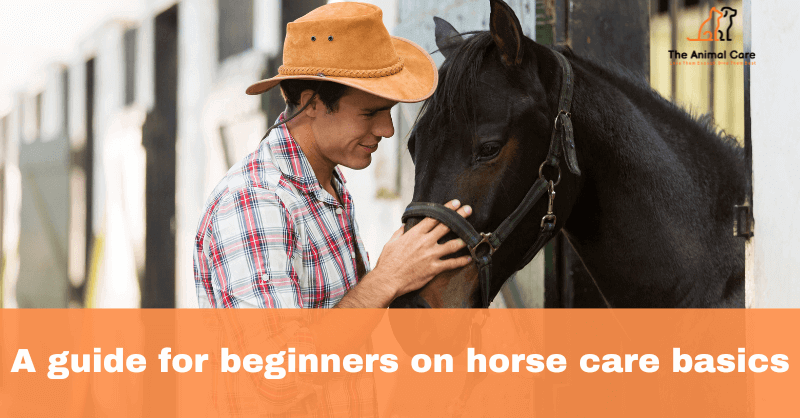Horse Care Basics: A Foundation for Success
Horses, like any living being, have specific needs that must be met to thrive. Let’s delve into the core principles of equine care basics:
Food and Fresh Water:
A horse’s digestive system functions best with a continuous trickle of food. Throughout the day, provide access to good quality hay or pasture. The amount of hay varies depending on the horse’s size, activity level, and age. Clean, fresh water should be readily available at all times. Water intake can vary, but an average horse drinks 5 to 15 gallons per day. Horse Care Courses for Beginners often emphasise the importance of monitoring water intake and hay quality. These courses can be invaluable for establishing a solid foundation in equine care.
Shelter from the Elements:
Horses need protection from the sun, rain, wind, and snow. A sturdy shelter with dry bedding is essential. Ideally, the shelter should offer three walls for wind protection and a roof to keep out rain or snow. Horse care tips often recommend regularly inspecting shelters for damage and ensuring proper ventilation. Remember, a comfortable and safe shelter is crucial for your horse’s well-being.
Exercise for a Healthy Horse:
Horses are naturally active creatures, requiring regular exercise to maintain muscle tone, mental well-being, and digestive health. Daily turnout in a paddock or pasture is ideal. If turnout isn’t feasible, provide hand walking, lungeing, or riding for exercise. Equine care basics and equine psychology include understanding the different exercise needs of various horse breeds. The right amount of exercise keeps your horse happy and healthy!
Grooming:
Regular grooming is not just about aesthetics; it’s crucial for your horse’s health. Brushing removes dirt, sweat, and loose hair, promoting healthy skin and coat. Additionally, grooming allows you to check for any injuries, parasites, or signs of illness. Horse grooming basics are often covered in detail in horse care courses for beginners. This routine not only benefits your horse’s health but also fosters a strong bond built on trust and respect.
Veterinary Care:
Regular veterinary checkups are essential for preventive care and early detection of potential health issues. Your veterinarian will create a vaccination and deworming schedule tailored to your horse’s needs. Horse care basics emphasize the importance of finding a qualified veterinarian familiar with equine care. A proactive approach to veterinary care ensures your horse lives a long and healthy life.
Farrier Care:
Horses’ hooves require regular professional attention from a farrier, typically every 6–8 weeks. The farrier trims, shapes, and may even add shoes to keep your horse’s hooves healthy and balanced. Horse care tips often recommend scheduling regular farrier visits to maintain optimal hoof health. Healthy hooves are essential for your horse’s mobility and comfort.







0 responses on "A guide for beginners on horse care basics"